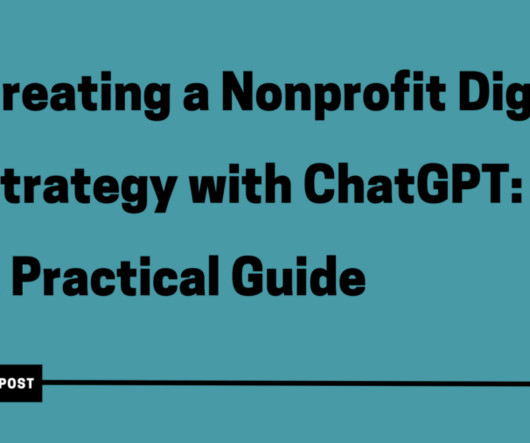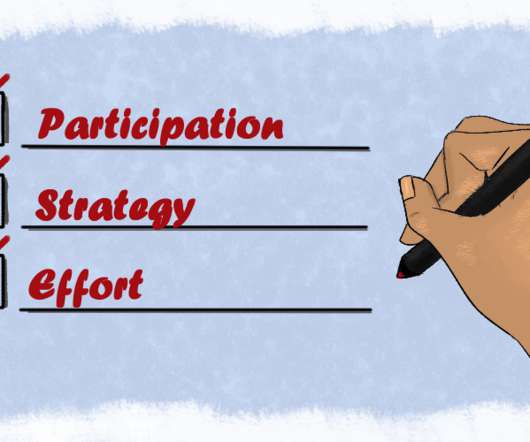Creating a Nonprofit Digital Strategy with ChatGPT: A Practical Guide
Nonprofit Tech for Good
SEPTEMBER 5, 2023
By Elizabeth (Liz) Ngonzi, CFRE , Founder and CEO at The International Social Impact Institute and Adjunct Assistant Professor at New York University In the rapidly evolving landscape of nonprofit organizations, adapting to the digital realm has become a pivotal challenge. The following prompt and instructions can help you develop it.












Let's personalize your content